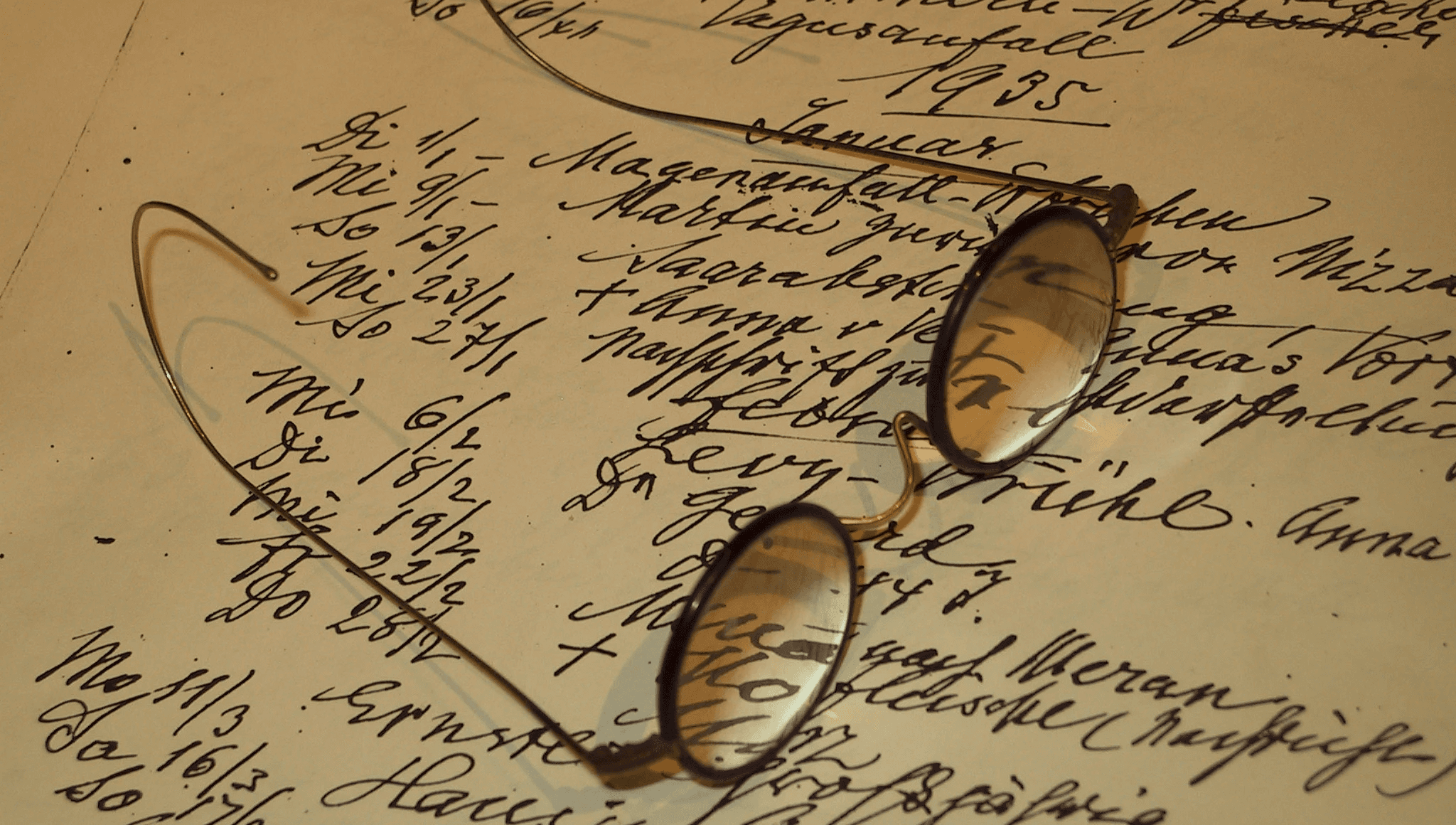ai
Contact us
What would Freud think about AI?
Jul 22, 2024

Sigmund Freud, the father of psychoanalysis, was a man of his times, deeply intrigued by the scientific and technological advancements around him. Living in Vienna during a period of rapid innovation, Freud was known for his curiosity and willingness to integrate new developments into his life and work. For instance, he installed an electric doorbell in his apartment, a novelty at the time, reflecting his appreciation for modern conveniences. Given his openness to innovation, one might wonder: what would Freud think about Artificial Intelligence (AI) and its role in psychotherapy?
Freud’s Fascination with Innovation
Freud's fascination with the scientific advancements of his era suggests that he might have approached AI with a mix of curiosity and scepticism. Freud was deeply influenced by the scientific method, and he sought to bring a rigorous, empirical approach to the study of the human mind. He would likely have been intrigued by AI’s ability to analyse vast amounts of data, identify patterns, and provide insights that could enhance therapeutic practice.
Freud's theoretical framework was built on the intricate workings of the unconscious mind, and he believed that understanding the depths of human psyche required careful observation and interpretation. AI’s data-driven approach could complement Freud's methods, offering new ways to observe and interpret client behaviour, potentially uncovering patterns that might otherwise go unnoticed.
The Id, Ego, and Superego in the Age of AI
Freud’s structural model of the psyche, comprising the id, ego, and superego, remains a cornerstone of psychoanalytic theory. He might have found it fascinating to explore how AI could help therapists better understand and navigate these complex internal dynamics. For instance, AI’s ability to track changes in a client's behaviour over time could provide valuable data on how their ego mediates between the desires of the id and the moral constraints of the superego.
Freud might have also considered how AI could aid in identifying defence mechanisms—unconscious strategies the ego uses to manage anxiety and conflict. By analysing speech patterns and behaviours, AI could help therapists recognize these defences more quickly.
Freud’s Practical Considerations
Despite his theoretical curiosity, Freud would likely have approached AI with a degree of caution. He was acutely aware of the limitations of any tool or technique that claimed to offer quick fixes or overly simplistic solutions to complex human problems. Freud might have raised concerns about the potential for AI to be misused or over-relied upon, emphasising the importance of the therapist's intuition, empathy, and deep understanding of human nature.
Freud was also a strong advocate for the therapeutic relationship—the unique, dynamic interaction between therapist and client. He might have questioned whether AI could ever truly replicate the nuanced understanding and connection that arises from this relationship. Freud's work emphasised the importance of transference and countertransference—the unconscious redirection of feelings between therapist and client—and he might have been sceptical of AI's ability to engage in or manage these complex emotional exchanges.
Freud’s Final Verdict
Freud might have embraced AI as an exciting innovation, aligning with his belief that "Where there is a creative mind, there are always new discoveries." He would likely see AI as a tool that could drive new discoveries in the field of psychotherapy, enhancing the therapeutic process without overshadowing the essential human connection. Freud's legacy of curiosity and innovation suggests he would advocate for a thoughtful integration of AI, ensuring it serves to support and enrich the profound and irreplaceable human elements of therapy. However, this is just speculation…